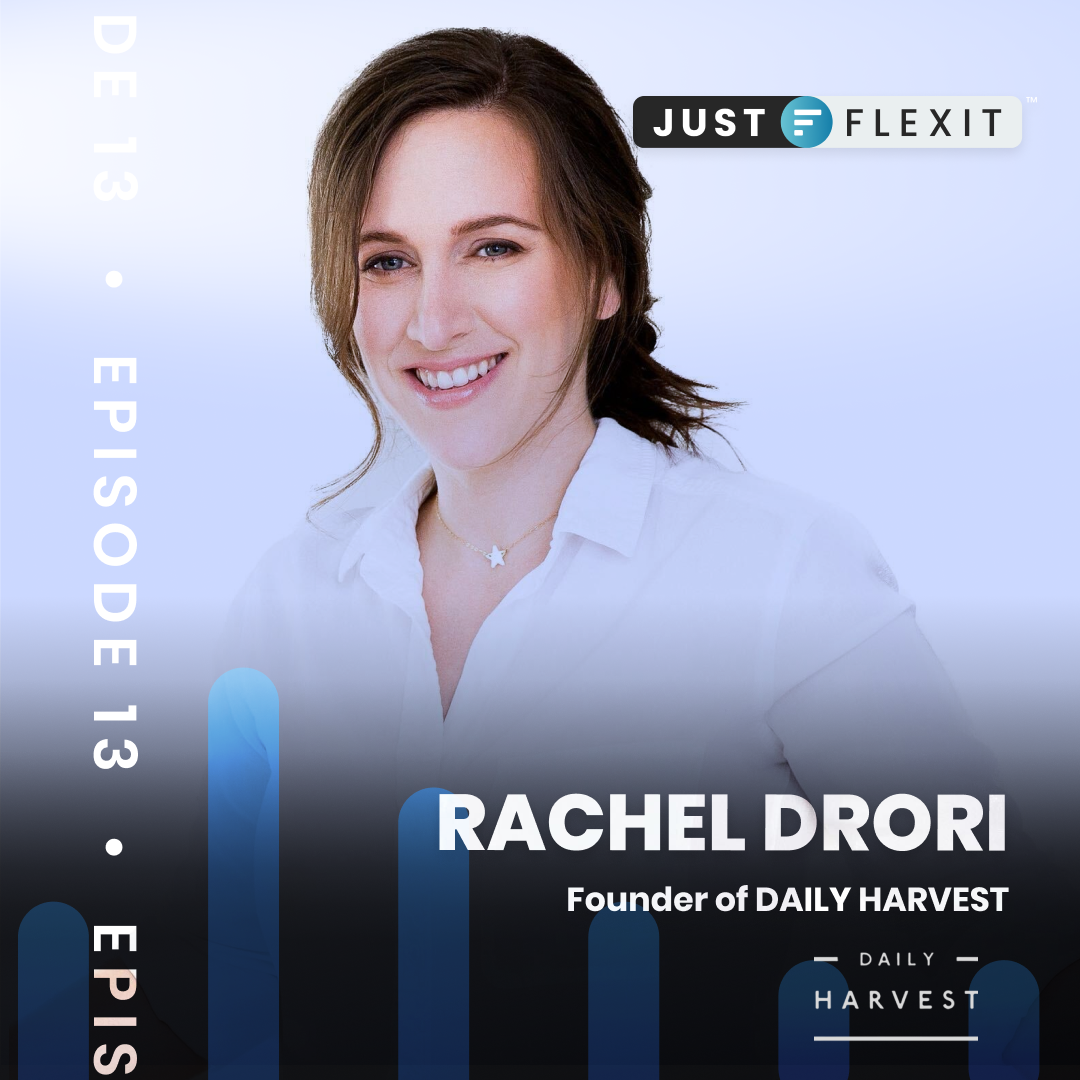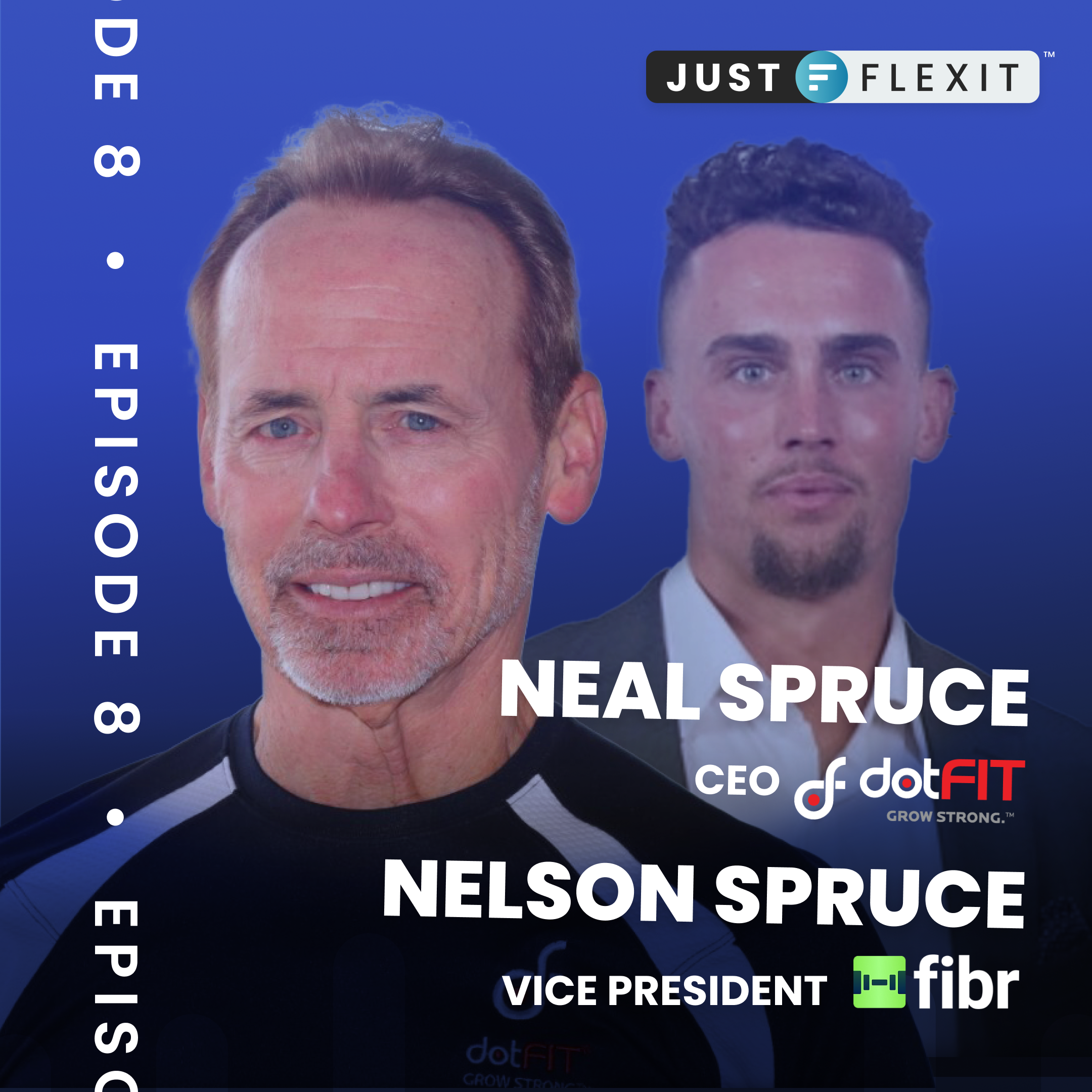
Did you know that over 90% of Americans don’t meet their dietary recommendations for nutritional intake? 🤔
Many people lack critical dietary nutrients despite how healthy they may believe their diet to be. As a result, some turn to dietary supplements and multivitamins to reach their daily nutritional needs, but is this truly an effective way to aid your diet?
Let’s dive deeper into supplements and their benefits and shortcomings.
Benefits of Supplements:
A dietary supplement is something that can be consumed (often as a pill) that contains essential nutrients to complement one’s diet. Typical forms of dietary supplements include multivitamins, fish oils, probiotics, and many more. These can be used to fill nearly any dietary need, from vitamins and minerals to oils and acids. Not only can supplements help meet nutritional needs, but they can also improve health and help manage certain conditions. For example, according to the National Institutes of Health, calcium and Vitamin D can help increase bone strength and reduce overall bone loss, folic acid can reduce the risk of certain birth defects, [and] omega-3 fatty acids from fish oils might help some people with heart disease.
Risks of Supplements:
Possibly the most prominent risk associated with supplements is the overuse/overconsumption of certain nutrients. Overconsumption, or toxicity of nutrients, can lead to adverse health effects.
Examples Include:
- Overconsumption of Vitamin A can cause headaches, liver damage, weakened bones, and birth defects
- Overconsumption of iron can cause nausea/vomiting as well as general organ damage
- Other toxicity/overconsumption symptoms/results are nerve degeneration and bowel/digestion problems
It’s important to note that with all consumables and medicines, there is always a risk of reactions or allergies. For these reasons, it is wise to consult your doctor before starting any new dietary supplements or multivitamins.
Verdict
Overall, dietary supplements are a safe and effective manner to fill gaps in your nutritional needs when used responsibly. Still, it is essential to remember that supplements should never be used as a replacement for foods, but rather as an accompaniment to your diet. When appropriately used along with a nutritious diet, supplements make it far easier to reach nutritional recommendations. Responsible use of supplements is key to their effectiveness, but in the end, they can be a simple yet effective way to better your diet.
Here are some excellent dietary supplements and brand options per WebMD and Healthline:
Supplements
- Multivitamins
- Meal Replacements
- Sports Nutrition Supplements
- Calcium, B vitamins
- Vitamin C
- Glucosamine and Chondroitin
- Homeopathic Medicines
- Vitamin D
- Fish/Animal Oils
Brands
- Best overall vitamin brands: Thorne Research, Pure Encapsulations, NOW
- Best multivitamin brand: Ritual
- Best vitamin brand for kids: Llama Naturals
- Best prenatal vitamin brand: FullWell
- Best personalized vitamin brands: HUM Nutrition, Persona Nutrition
- Best vegan vitamin brand: Garden of Life
- Best collagen supplement brand: Vital Proteins
- Best omega-3 vitamin brand: Nordic Naturals
- Best hair, nails, and skin vitamin brand: OLLY
- Best probiotic supplements brand: Bio-Kult, Culturelle
- Best vitamins brand for athletes: Klean Athlete








